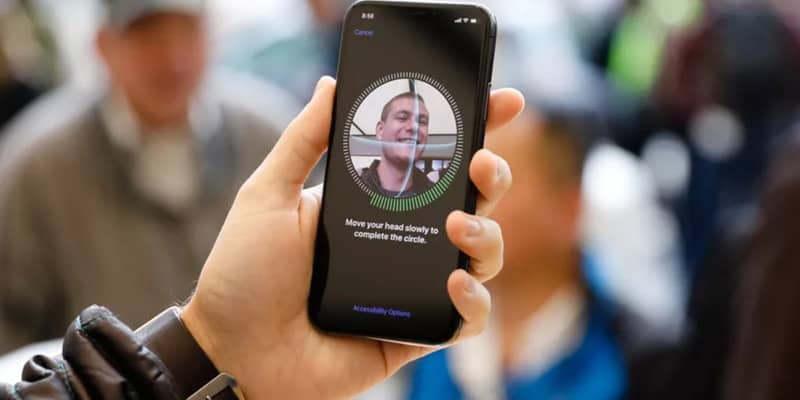Privacy Canada is community-supported. We may earn a commission when make a purchase through one of our links. Learn more.
Organizations Urge the Government to Ban Facial Recognition Surveillance

Multiple organizations and experts striving to protect human rights, civil liberties and privacy are calling on the federal government to ban the use of facial recognition technology by intelligence agencies and federal law enforcement.
At the beginning of July, organizations and individuals wrote a letter to Canada’s Minister of Public Safety Bill Blair detailing their concerns about the use of facial recognition technology by federal law enforcement agencies. Over 70 individuals and organizations have signed the letter, including the British Columbia Civil Liberties Association, Canadian Association of University Teachers and Canadian Federation of Students.
“Facial recognition surveillance presents grave risks to the fundamental rights of Canadians and people in Canada by allowing for the ‘mass, indiscriminate, disproportionate, unnecessary, warrantless search of innocent people,'” the letter reads.
The individuals and organizations involved are asking that the federal government enact a ban on facial recognition surveillance by intelligence agencies and federal law enforcement. Additionally, they are asking that the government launch a public consultation on every aspect of facial recognition technology in Canada.
Creating Transparent Laws & Policies
Their last request is for the government to create clear and transparent laws and policies that regulate the use of facial recognition technologies in Canada, including amendments to the Privacy Act 1988 and the Personal Information Protection and Electronic Documents Act (PIPEDA). At present, Canada’s privacy laws do not regulate biometrics such as facial recognition, enabling the technology to be used by police forces without clear rules.
The letter also mentions studies that found facial recognition technology to be inaccurate and prone to produce biased outcomes, specifically for women and people of color. One study from the National Institute of Standards and Technology discovered that recent facial recognition technologies inaccurately identified Asian, Black, and Indigenous faces 10 to 100 times more than white faces.
“Many top systems have been found to misidentify the faces of women and people with darker skin 5 to 10 times more often than those of white men,” the letter states. “These errors can lead already marginalized communities to be even more likely to face profiling, harassment, and violations of their fundamental rights.”
Adopting facial recognition technology known for racial biases during a time when society is pushing to tackle systemic racism is simply a step in the wrong direction.
“If, as federal officials have said, the Canadian government is serious about ending racial disparities in policing, banning facial recognition surveillance is a clear first step.”
The Government’s Response to the Letter
The federal government responded to the letter by stating that it is currently reviewing policies, programs and legislation concerning new technologies, particularly about facial recognition.
“Our government is currently reviewing the related legislation, policies and programs to bring the digital charter to life as it pertains to all emerging technologies, including facial recognition,” said John Power, a spokesman for Bains. “In the meantime, Canada’s existing privacy laws continue to apply. Our government will ensure the privacy of Canadians is respected, support responsible innovation and enhance reasonable enforcement powers.”
This all comes after Clearview AI announced that it would no longer be offering its controversial facial recognition software in Canada amid an investigation by privacy protection authorities for Canada, Alberta, British Columbia and Quebec. Following the investigation, Clearview AI decided to allow Canadian residents to opt-out of its facial recognition database so that they do not appear in the app’s search results.





